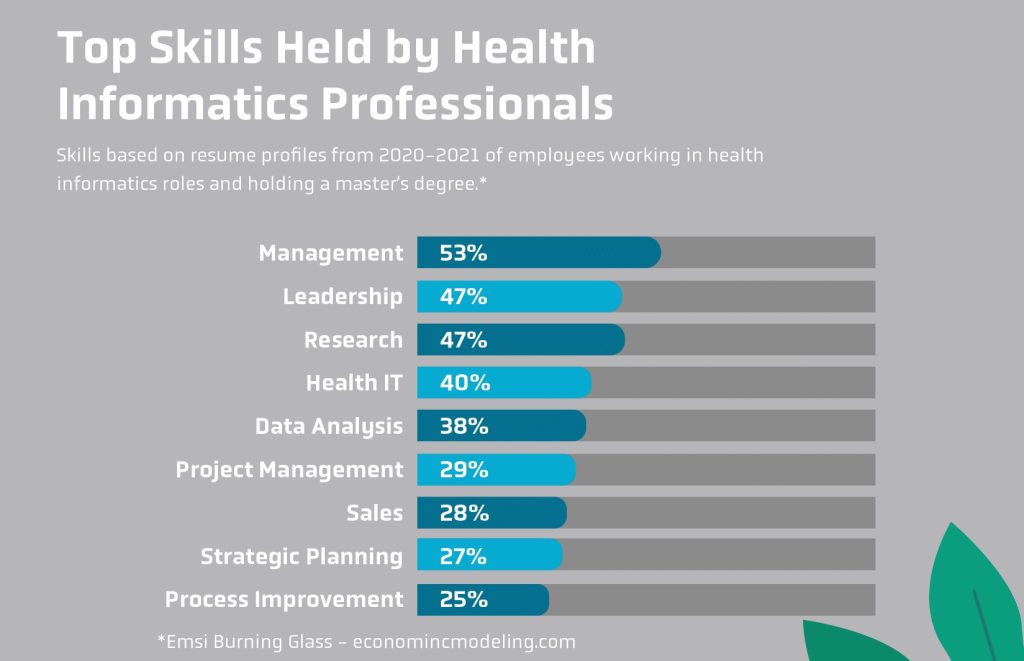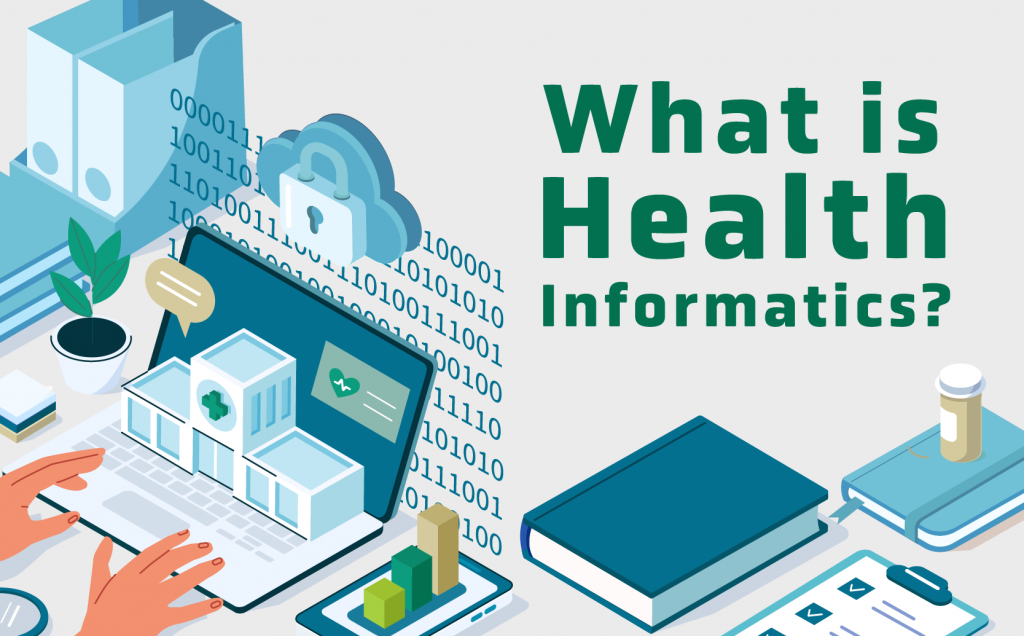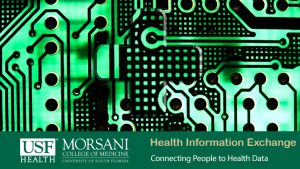Health informatics is a term that describes the acquisition, storage, retrieval and use of healthcare information to foster better collaboration among a patient’s various healthcare providers. Health informatics plays a critical role in the push toward healthcare reform.
Health informatics is an evolving specialization that links information technology, communications and healthcare to improve the quality and safety of patient care.
Difference Between Health Informatics and Health IT
Though the concept of health IT includes the use of technology in healthcare, health informatics is not synonymous with health IT. Instead, informatics in healthcare is “the science, the how and why, behind health IT,” according to the Centers for Disease Control and Prevention.
Health informatics applies informatics concepts, theories, and practices to real-life situations to achieve better health outcomes. This includes collecting, storing, analyzing, and presenting data in a digital format.
Health Informatics Jobs Outlook
The tremendous growth in the health informatics career field was spurred in large part by the acceleration of electronic health record (EHR) adoption brought about by the Centers for Medicare and Medicaid Services’ “meaningful use” incentive program.
As providers moved quickly to embrace EHRs, which are designed to store and share information from all providers involved in a patient’s care, health informatics specialists will continue to help healthcare facilities implement new systems, upgrade existing databases and work toward the development of a fully interoperable healthcare system.
According to the Bureau of Labor Statistics, employment of health information specialists and technicians is projected to grow 8% from 2022 to 2032, faster than the average growth rate for all occupations in the U.S.
Examples of Health Informatics Job Titles
Job titles in this field include:
- Clinical Informatics Specialist – Clinical Informatics Specialists ensure that medical data is collected, stored and processed securely. These professionals blend IT and healthcare knowledge to design and maintain databases that give clinical staff members access to timely, useful information. They also help train people to use IT resources effectively and efficiently.
- Healthcare Data Scientist – Healthcare Data Scientists help healthcare organizations make data-informed decisions by gleaning actionable insights from patterns and trends in datasets and forecasting outcomes through data algorithms and models. They can find opportunities in many roles, such as using data to improve a healthcare facility’s operational efficiencies and clinical data to influence patient treatment plans.
- Health Information Manager – With knowledge of healthcare, information technology and operational processes and functions, Health Information Managers oversee the accuracy, storage, security, and accessibility of patient health information data. As a manager or at the director level, this role can play an administrative function between patients, physicians and insurance providers.
- Director of Clinical Informatics – The Director of Clinical Informatics promotes the understanding, interoperability and application of information technology in healthcare settings. This role is a driver in the digital transformation of healthcare, continually reviewing the latest technologies and recommending updates and system adoption as needed.
A Bright Future for Healthcare and Health IT
According to the U.S. Bureau of Labor Statistics (BLS), employment of health information technologists and medical registrars is projected to grow 16% from 2022 to 2032, much faster than the average for all occupations. The BLS also reports overall employment in healthcare occupations is projected to grow much faster than the average for all occupations from 2022 to 2032. About 1.8 million openings are projected each year, on average, in these occupations due to employment growth and the need to replace workers who leave the occupations permanently.
Essential Skills for Health Informatics Professionals
As the health informatics industry continues to shift dynamically, there are essential skills for healthcare professionals that are crucial to meeting the changing demands and evolving tools available for health informatics professionals.
Emerging technologies like machine learning and AI as well as electronic health records (EHR) and electronic medical records (EMR) means health informatics professionals leveraging a proficiency in technological skills will be invaluable for health organizations.
Mastering the ability to translate theory into practical application is also a vital skill for professionals in the healthcare IT field, particularly for those in leadership roles.

Health Informatics at USF Health
Developing skills and knowledge in the field of health informatics helps professionals meet the dynamically shifting demands of tomorrow’s healthcare industry landscape. USF Health Morsani College of Medicine’s graduate programs in health informatics are designed by leading healthcare professionals and delivered by distinguished faculty, offering a comprehensive pathway for professional growth and expertise. These programs equip aspiring and current healthcare professionals with critical competencies essential for contributing effectively to healthcare organizations navigating the challenges in the digital age.
Learn more about how USF Health’s health informatics programs can empower you today.




